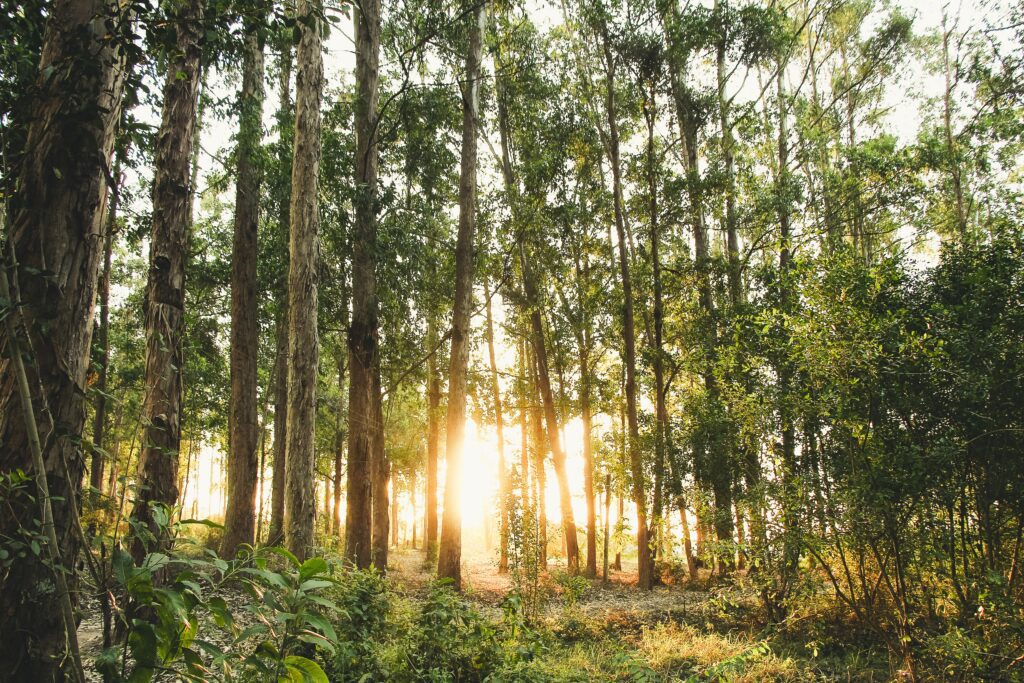
How Responsible Forestry Fights Genetic Pollution of Your Timber
One of our main responsibilities as timber suppliers is to ensure that all of our timber is ethically sourced. In other words, it must be grown and harvested in a way that doesn’t have a negative impact on the species of timber we harvest, the forest or plantation itself or the carbon footprint. While most issues concerning responsible forestry are well-publicised, there is one that isn’t: genetic pollution of timber.
What is Genetic Pollution?
Genetic pollution is a term that refers to genes taking over a species through various means. In forestry, it is usually what happens when genes from exotic species invade local forest stands.
Species that survive do so due to their ability to adapt or genetic diversity. A balance must be struck to allow species to adapt within their species, but also to preserve a number of species to allow genetic diversity outside of any particular species.
What it Means to You
Many timber species are seen only in particular regions. The differences between timber grown in different regions demonstrate how they can evolve genetically based on surviving a particular locale or climate.
Australia formulated something called the National Strategy on the Conservation of Australia’s Biological Diversity in 1996. In 2005, the Australian Government developed a set of regulations regulating the use of Australia’s native genetic resources.
Threats to Native Genetic Diversity
Inappropriate clearing or timber harvesting can have a negative effect on genetic diversity. So can growing exotic species on plantations too close to native forests or planting exotic species in a native forest after clearing.
What We Do About It
Luckily, the Institute of Foresters of Australia has strong policies to prevent genetic pollution of native timber species. There are also government regulations. To make a long story short, we only carry timber that has been forested and harvested according to ethical procedures that prevent genetic pollution and help preserve our native timber while protecting the environment.
Call Narangba Timbers to find out more on 1300 477 024.